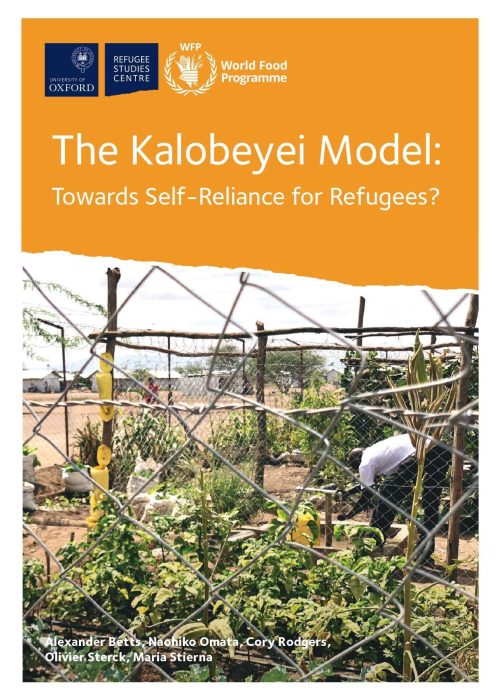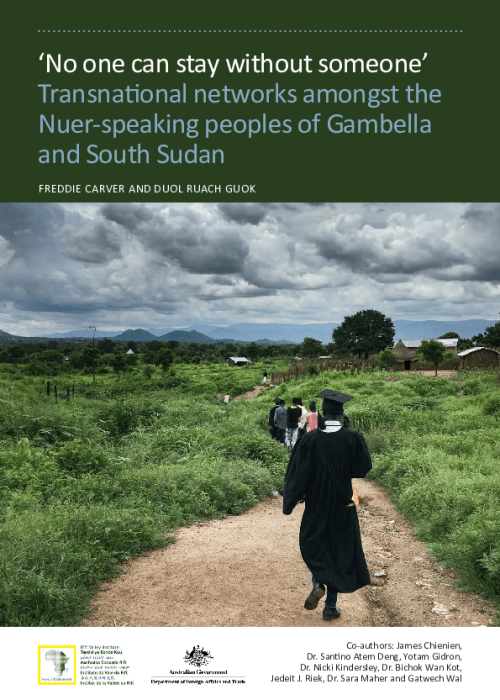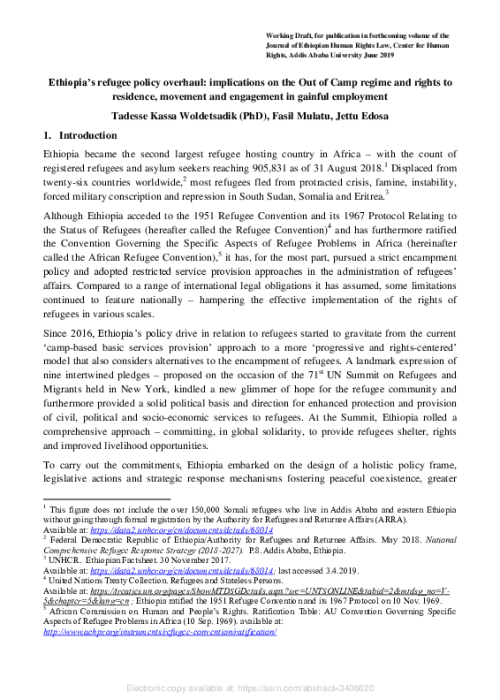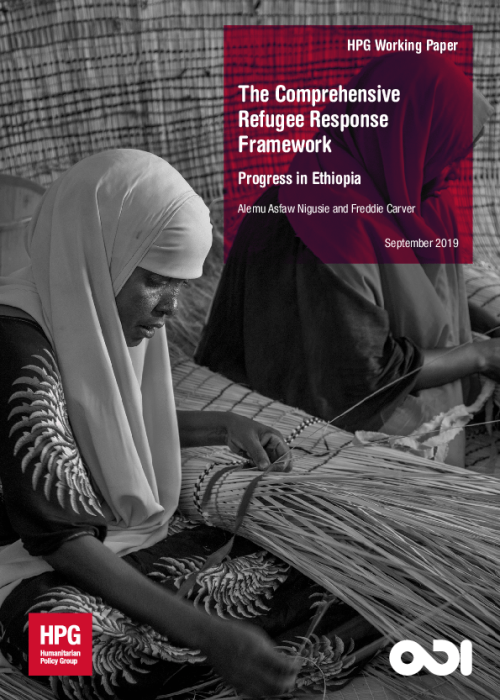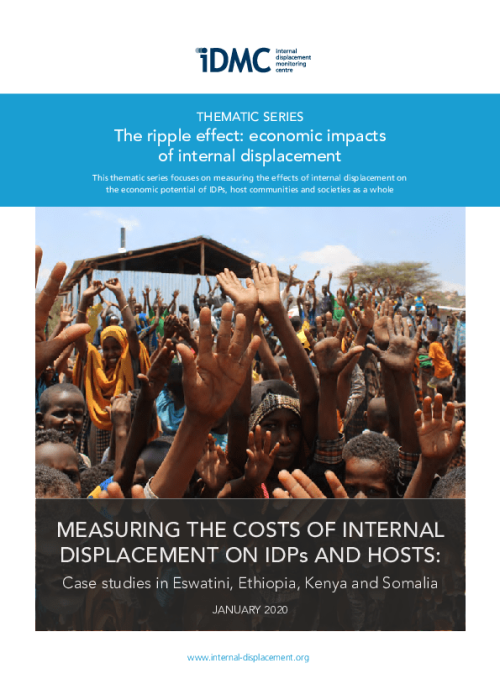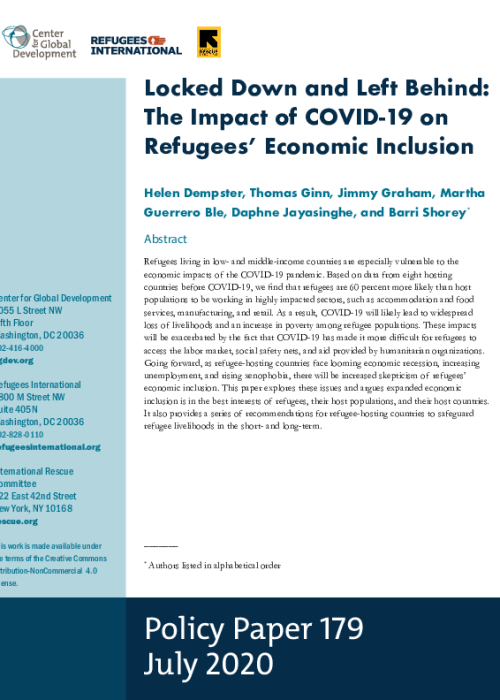This Solutions Analysis report by the Regional Durable Solutions Secretariat (ReDSS) on the situation of displacement-affected communities in Bay region, Somalia. The report uses a Solutions framework, which consists of 31 indicators related to physical, material, and legal safety, to assess the opportunities and challenges for achieving durable solutions for internally displaced persons (IDPs) and refugee returnees. The report is based on a review of existing data and assessments, a mapping of interventions, and consultations with stakeholders. The report aims to inform a joint analysis and action plan for (re)integration of displacement-affected communities in the Bay region, under the leadership of the South West state government.
The main findings of the report are:
- Physical safety: Security has improved in Baidoa town, but not in rural areas. IDPs are vulnerable to violence, especially gender-based violence. Access to police and justice is uneven. Coexistence between IDPs and host communities is positive but may be strained by the drought-induced displacement and competition over scarce resources.
- Material safety: Many indicators of food security, nutrition, water, sanitation, health, education, and housing are not met for IDPs and returnees. The current drought has worsened the situation and increased the need for humanitarian assistance. The level of support provided by aid agencies may not be sufficient or sustainable.
- Legal safety: IDPs and returnees have lower participation rates in community and public affairs than the resident population. They also have less access to documentation, family reunification, and effective remedies and justice. Some programmes aim to improve governance, rule of law, and justice, but they need to adopt a displacement focus and address specific issues of IDPs and returnees.
The report provides recommendations for adopting joint, integrated, and multi-sectorial programming, a stronger focus on ‘early solutions’ from the onset of the emergency response, and a system to standardize the generation and availability of relevant data and analysis on durable solutions.

